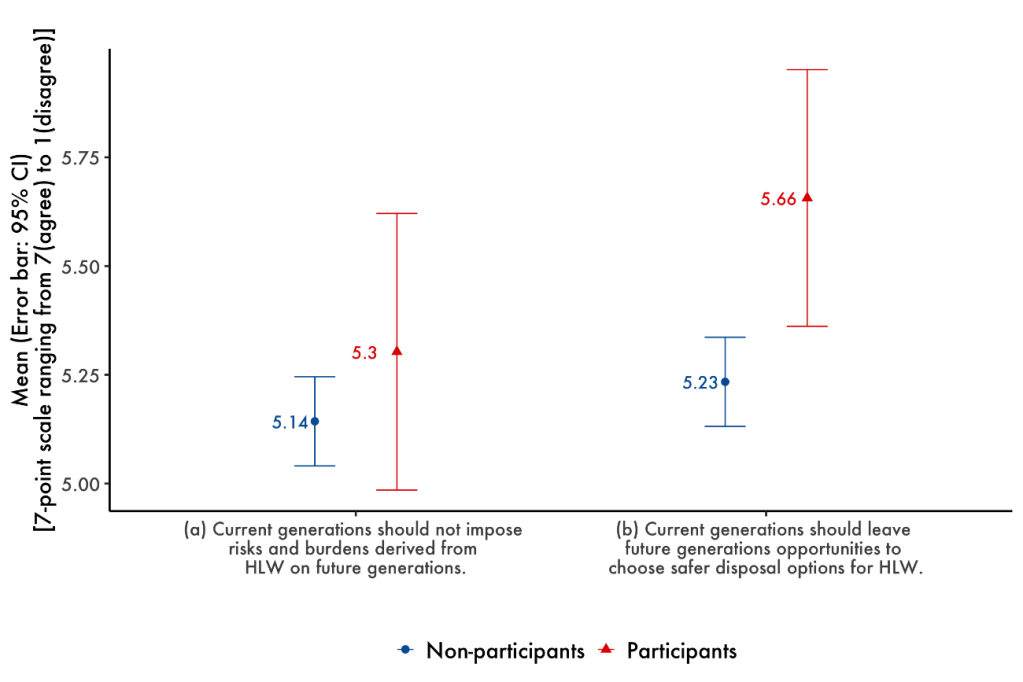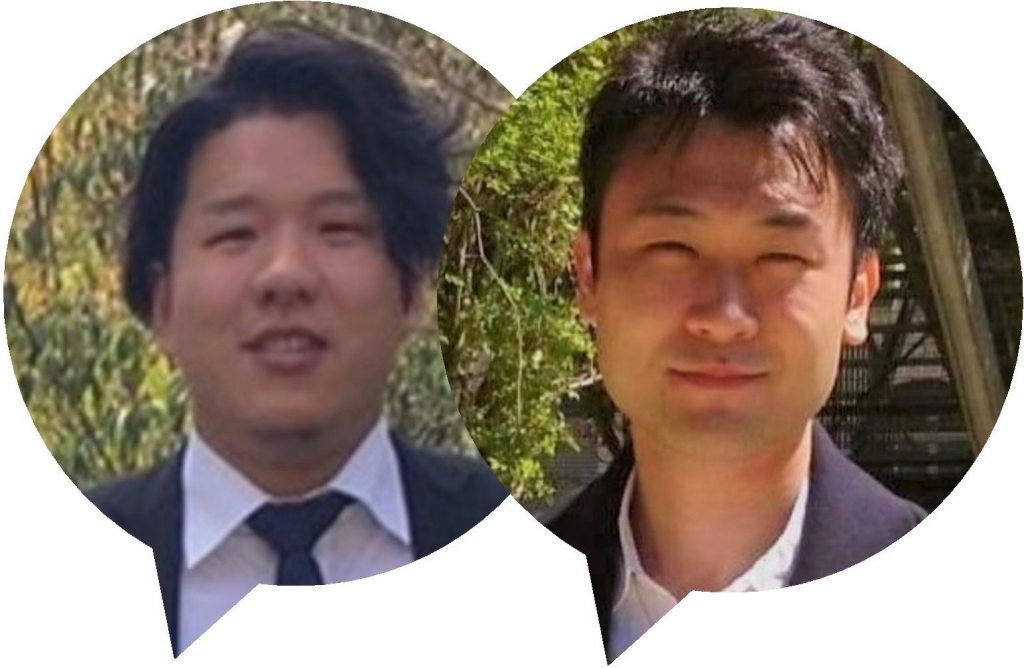by Masakazu Ogami and Masaki Shibutani
Political short-termism in democracies
Democracies tend to suffer from political short-termism. That is, democratic decision-making is prone to prioritizing near-term social benefits over potential future ones. Tackling this has a moral dimension because, as Simon Caney argues, political short-termism can be harmful to future generations. A question that therefore arises is: can democracies overcome political short-termism? Some political theorists, such as Michael MacKenzie and Graham Smith, have claimed that promoting deliberation among citizens can curb political short-termism by encouraging participants to consider the future more carefully. According to these theorists, the demands of deliberation―listening to each participant’s testimonies or countervailing claims and justifying one’s own claims so that other participants might accept them―make it more difficult to defend self-serving short-term interests.
This post aims to demonstrate that democratic deliberation encourages people to think about the future more seriously. To do so, we analyze the results of the Japanese online Deliberative Poll (DP) about high-level radioactive waste (HLW) management. HLW is produced as a byproduct of nuclear power generation, and can take hundreds of thousands of years to decay into harmless material. Thus, HLW is inherently a long-term project, which must be carried out responsibly to avoid harmful effects on societies. This makes it one of the policy domains in which political short-termism could be damaging to future generations.
The reasoning behind the 2015 Japanese online DP
Japan has been studying ways to manage HLW since the late 1970s. In September 2010, the Japan Atomic Energy Commission formally requested the Science Council of Japan to examine and report on possible approaches to the final disposal of HLW. In September 2012, the Science Council issued a report titled “Reply,” which recommended that the government seek consensus among stakeholders by promoting discussion on HLW management. Subsequently, in March 2015, the Science Council’s Committee on Sociology conducted an online DP on HLW management.
The process
The 2015 Japanese online DP proceeded as follows:
- 101 participants were selected from among the Japanese population using quota sampling. Together, they were representative of the country’s demographic make-up in terms of age, gender, occupation, and place of residence within Japan.
- Participants read handouts designed to provide balanced, accurate, and comprehensive evidence from experts on HLW. They also heard opinions from interest groups, including the storage and disposal options for HLW in Japan and the risks and benefits of hosting an HLW disposal site.
- Subsequently, participants engaged in online group discussions facilitated by trained moderators and consulted with experts before answering the questionnaire.
For comparison, 1,000 respondents (hereafter, the non-participants) were selected from the Japanese population using quota sampling. They answered the questionnaire without receiving the handouts, the evidence from experts, or the opportunities to participate in discussions.
Participants and non-participants were asked to express their agreement with statements on a 7-point scale ranging from “agree (= 7)” to “disagree (= 1).” Among other questions, both groups answered two questions below:
- Do you agree with the claim that current generations should not impose risks and burdens of HLW, which they created, on future generations?
- Do you agree with the claim that current generations should leave future generations opportunities to choose safer disposal options for HLW, based on the latest knowledge that they have available?
Results
Figure 1 shows the mean for each question’s response among non-participants (n = 915) and participants (n = 99).
Regarding survey question (a), the mean difference between participants and non-participants (0.16) was not statistically significant (p = 0.34). In other words, both groups recognized, to the same extent, that current generations should not impose risks and burdens of HLW on future generations.
However, regarding survey question (b), the mean difference between participants and non-participant (0.43) was statistically significant (p = 0.01). In other words, compared to non-participants, participants more strongly believed that current generations should enable future generations to choose safer disposal options for HLW, based on the latest knowledge that they have available.

Notes: “Don’t know” responses were excluded from the survey data.
At present, deep geological disposal―the storage of radioactive waste in deep underground repositories in stable geological formations―is widely agreed to be the safest and most reliable approach to the final disposal of HLW. Therefore, Japan has adopted it as an official policy. However, even deep geological disposal is not risk-free. In the survey, it seems that participants more seriously considered the long-term risks associated with deep geological disposal than non-participants.
Policy-making for the long-term by promoting democratic deliberation
Our findings suggest that citizens who are given the opportunity of deliberation are more cautious about imposing risks or burdens on future generations than non-participants. Therefore, it seems that democratic deliberation can play a role in mitigating or overcoming democracies’ short-term tendencies in policy-making.
HLW management is not just a policy concern in Japan. Other countries, including Germany, the United Kingdom, and the United States, have not yet selected sites for deep geological repositories. Furthermore, it is not the only policy domain where harmful short-termism could arise. From climate change, biodiversity, and the use of natural resources to pensions, health, and social security, many policy issues have serious implications for future generations’ welfare. In light of this, it would be beneficial to promote deliberation among citizens as a countermeasure against harmful short-termism in democracies.
Masakazu Ogami is a Ph.D. candidate in philosophy at the University of Zurich, Switzerland, and a research assistant at the Social Systems Division, National Institute for Environmental Studies, Japan. His research focuses on intergenerational justice, normative democratic theory, and institutional design for mitigating political short-termism. His work was supported by a Honjo International Scholarship from the Honjo International Scholarship Foundation.
Masaki Shibutani is a Ph.D. candidate in Decision Science and Technology at the Tokyo Institute of Technology, Japan, and a project instructor at the Graduate School of System Design and Management, Keio University, Japan. His research focuses on political behavior, political psychology, and attitudes change using experimental methods.


